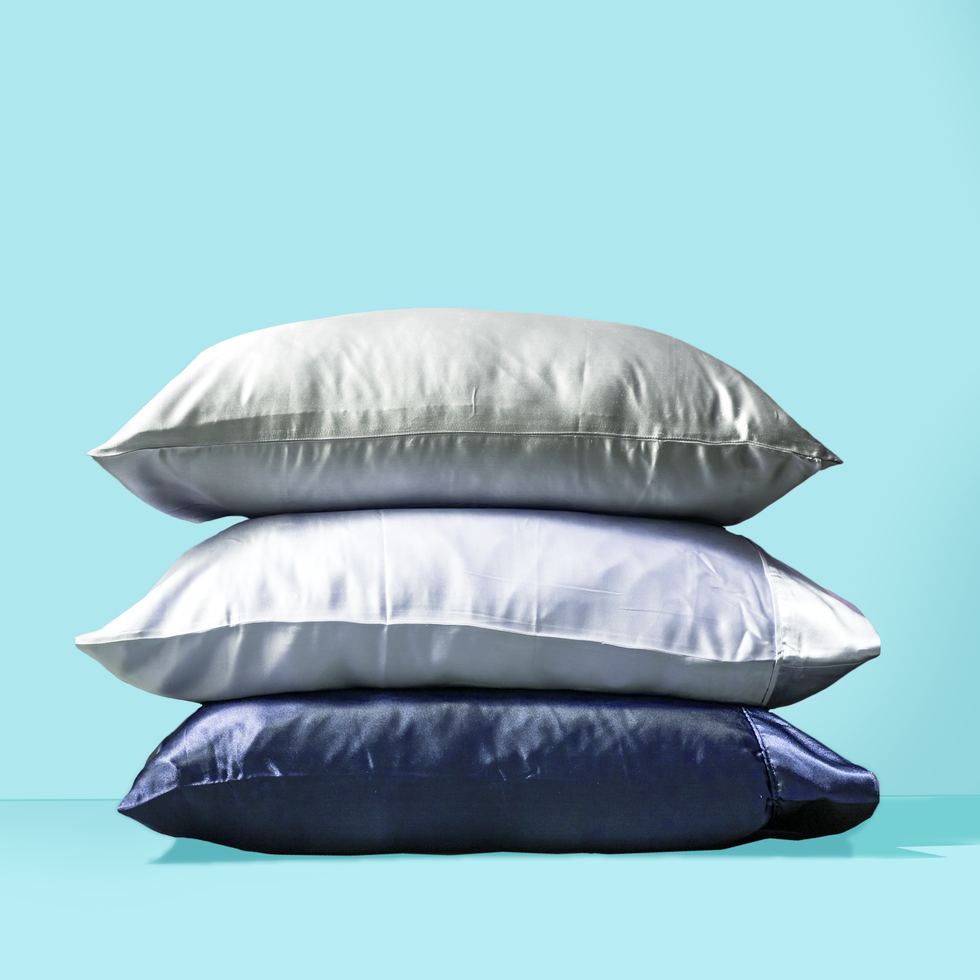We've been independently researching and testing products for over 120 years. If you buy through our links, we may earn a commission. Learn more about our review process

How to Make Your Hair Grow Faster and Stronger
These pro tips make your hair grow fast, naturally.
Trying to grow hair longer or get thicker hair can feel like an endless waiting game. While hair is the fastest-growing tissue in the human body, according to the Trichological Society, the average rate of growth is 0.5 to 1.7 centimeters per month or anywhere from about two to eight inches per year. That growth can feel minimal — especially when you're waiting for it to happen.
Eat the right diet.
Having long, strong hair doesn't just depend on which products you put on your hair; it also depends on what you put into your body. "To promote hair growth, you need to 'feed' the hair from the inside," explains Francesca Fusco, M.D., a dermatologist in NYC. So what foods make hair grow quicker? Those high in protein, the building blocks of hair, including meats and other sources. "Try increasing your protein intake with foods like fish, beans, nuts and whole grains,"
Add a hair-healthy vitamin to your a.m. routine.
If your diet isn't supplying you with enough nutrition, a supplement could make a world of difference. "Look for a multivitamin that's formulated and labeled 'for hair, skin and nails,'" Dr. Fusco suggests. "Those contain important vitamins like biotin and C and B that can support hair health." Good Housekeeping Institute Nutrition Lab deputy director Stefani Sassos suggests these vitamins and minerals to contribute to healthier hair:
- Vitamin A
- Vitamin C
- Vitamin E
- Zinc
- Iron
- Omega-3 fatty acids
4. Shampoo less and hydrate more.
How often you shampoo your hair does actually impact your hair's health. "Shampooing your hair [only] two to three times a week allows your natural oils to penetrate your hair, allowing it to hydrate and repair itself," explains Ken Paves, a celebrity hairstylist in L.A. For thicker and fuller-looking hair fast, choose a shampoo labeled "volumizing" or "thickening."
Lay off the bleach.
As chic as platinum hair looks, going from a darker shade to light blonde could stand between you and your longest-possible hair. "When the cuticle of the hair is damaged from bleach, you can have more breakage or split ends," explains Elizabeth Hiserodt, senior colorist at Cutler Salon in New York City. "The fewer chemical treatments, the better your hair will grow."
6. Avoid excessive heat styling.
"Stop over-styling your hair," says Paves. If you must use heat, he recommends decreasing the temperature and always using a heat protectant — otherwise, you risk damaging your hair, leading to breakage and frizz.

